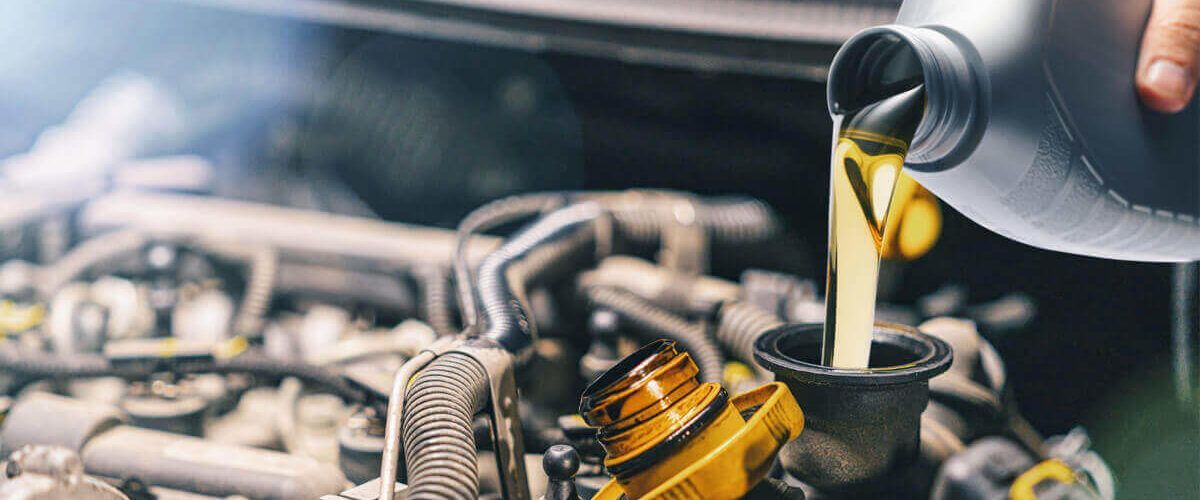Caring for your Car in Quarantine
Auto Shops Located in: Chapel Hill, Durham, Taleigh, Apex, and Cary North Carolina

These unprecedented times can also present unique challenges for your vehicle. The last thing you need right now is preventable car trouble. To avoid car issues after quarantine has passed completely, give your vehicle the attention and care it needs today. Here is everything you need to know about caring for your car in quarantine.
Stay Out Of The Heat
The intense summer heat can have several different negative effects on your car. These problems can become intensified as your car sits unmoving in the direct sunlight for extended periods. When you know it is going to be a few days before you take your car out again, take measures to protect it from the sun. If you have an outdoor car cover, now is the time to make full use of it. Parking your car in the shade or your garage can also help protect your vehicle from sitting in the heat.
Maintain Needed Services
There are two ways a mechanic estimates needed services: by mileage and by the length of time between mechanic visits. You might wonder why a car receiving low mileage would need service; however, it is more likely that a dormant car encounters certain service issues than a car in use.
Oil changes, for example, are one of the most commonly needed services. While you may think you can push it off because you are not driving your car often, it is essential that you reconsider. Your engine oil deteriorates rapidly when it is not being used—losing its cooling and lubrication properties more quickly than it does when you are driving your car frequently. Skipping your oil change in quarantine could have you running on ineffective oil. This can spell trouble for your engine and lead to costly repairs.
Take Your Car Out
One of the most important care routines that you can provide your vehicle while quarantined is frequent drives. Even if you are not commuting daily, you should still aim to take your car out for a drive once each week. The less frequently you drive, the more likely you are to incur one of the issues that threaten dormant cars.
Problems with Dormant Cars
If you leave your car sitting for too long, here are the potential threats that it faces. Keep your eye out for:
Dead Battery From Quarantine
A dead battery is one of the most common issues for dormant cars, and perhaps one of the easiest to prevent. Your battery recharges while you drive. Leaving it sitting for an extended period of time can cause your battery life to drain. During the season’s heat, your battery will also be fighting corrosion and internal evaporation. It is essential that you take your car for a spin every once in a while and give your battery time to recharge.
Dormant Cars and Tire Issues
As you may know, tires are made out of rubber. This material can become hard and brittle when left dormant for too long, often referred to as tire dry rot. Dry rot is intensified by the summer heat and direct UV rays. Tires are also used to rotating the distribution of your vehicle’s weight and pressure. When it sits still for too long, you risk tire deflation and damage.
Problems With Engine Belts and Hoses
Your engine’s belts and hoses are also made of rubber, which could leave them vulnerable to dry rot when left unused. While they are not as much of a risk as your tires, their deterioration could spell big trouble for your vehicle.
Tailpipe and Engine Inhabitants
Especially during the colder months (though we are hoping COVID-19 concerns pass by then), small critters may begin to seek shelter in your engine or tailpipe. When your vehicle is only driven every once in a while, it can create the perfect environment for critters:
- Your car is usually warm after being driven. Even when you are driving infrequently, it may provide enough warmth to attract animals after usage.
- During infrequent usage, your car may also provide enough dormancy for critters to trust it as a stable environment. This is true during any season.
This concern is especially prominent for drivers in the more rural parts of the larger Triangle area. Be sure to take a quick look for critters if you are using your car infrequently.
Unusable Gasoline
While you might not give your gasoline a second thought, leaving it sitting for too long can lead to trouble. Over an extended period of time, sitting gasoline can become degraded. Your gasoline loses its combustibility as it begins to oxidize and certain components start to evaporate. As a general rule, gasoline is good for 3-6 months. Gasoline issues can be prevented by lightly using your car, even if you are no longer commuting daily. If your gasoline has become bad, an expert can drain it out for you.
Brake Rusting
Depending on how long your vehicle has been sitting and how much rain and humidity it has endured, your brakes may squeal when you start driving it again. This is caused by rust buildup that would have otherwise been prevented by frequently brake movement. Your brakes may be fine, though severe rust will require expert care. If you are worried about driving your car with questionable brakes, contact a mechanic that provides at-home visits, like those at Chapel Hill Tire.
Chapel Hill Tire Quarantine Car Care
The experts at Chapel Hill Tire are here for you during the COVID-19 quarantine concerns. All eight of our Triangle-area mechanic locations are providing the care your car may need while maintaining the CDC recommendations for safety. We are offering free curbside service and free pickup/delivery to help keep our customers and mechanics protected during this time. Make an appointment with Chapel Hill Tire to get your car the quarantine care it needs today!















